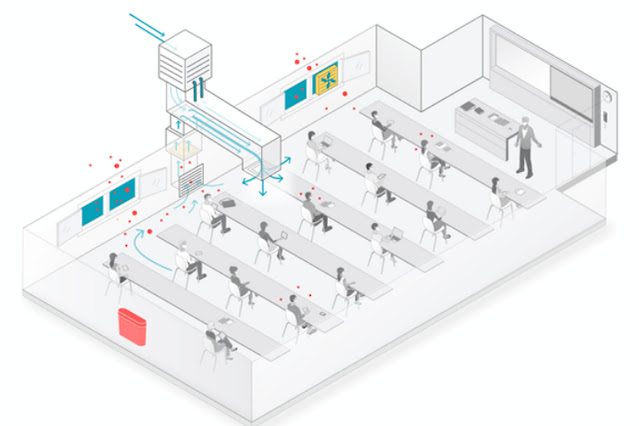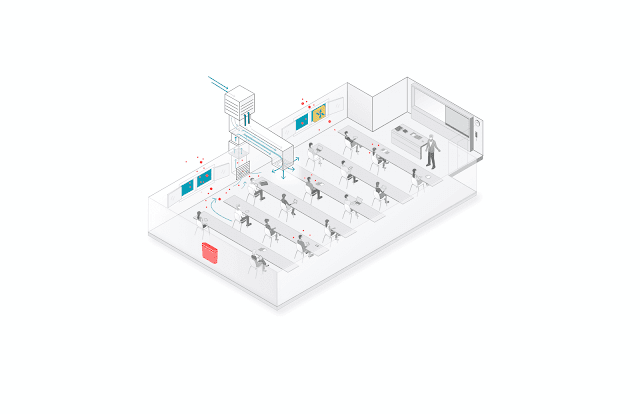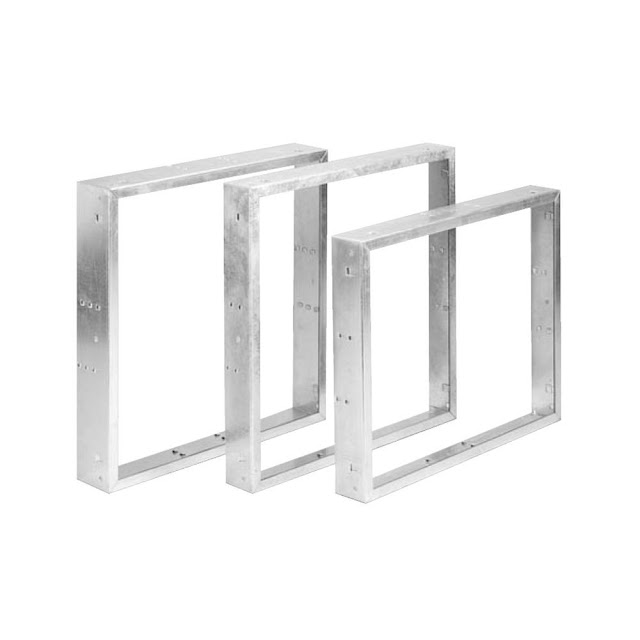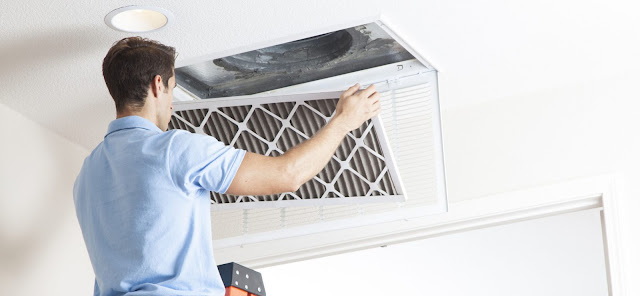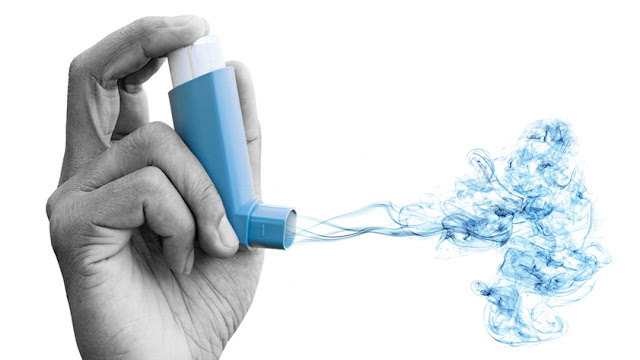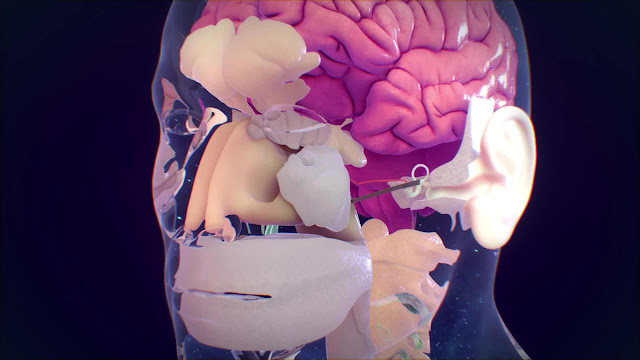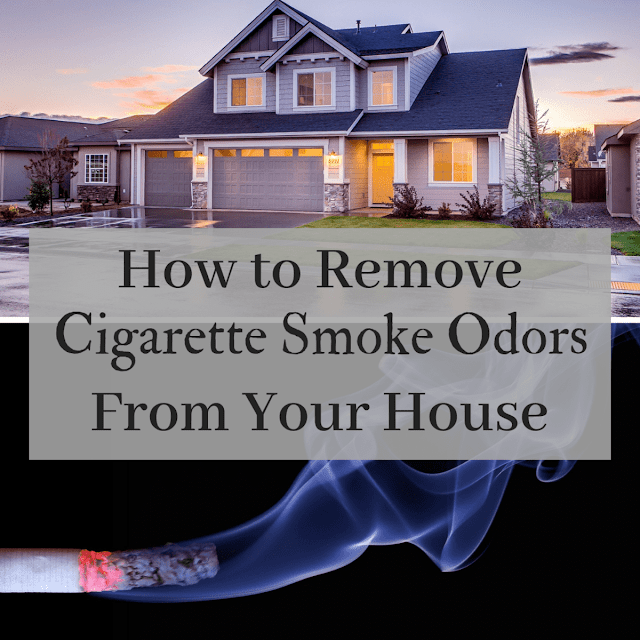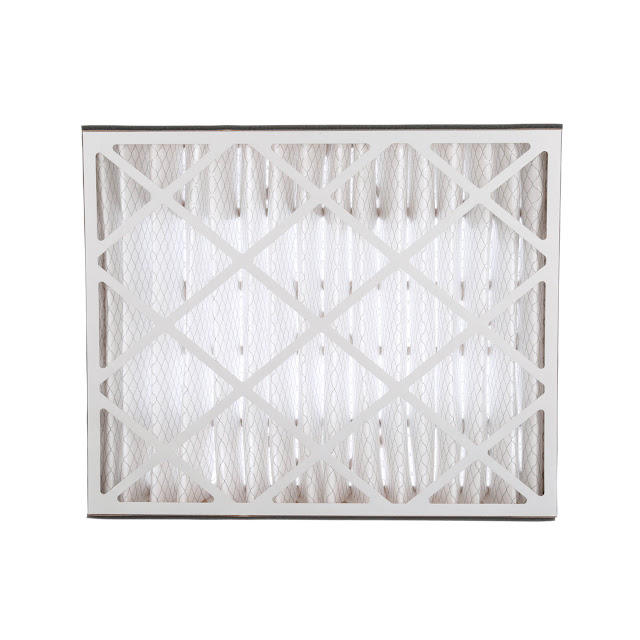Do you feel that your indoor air quality has gone down?
It can be because of the type of air filter you have chosen for your home.
Sometimes we buy things based on their looks and what the seller tells us. But
when it comes to a crucial thing like choosing an air filter, we need to be
very careful. There are different types of air
filters delivered in USA, meant to serve different purposes. However, each
has some advantages and disadvantages. So, it’s very important to understand
these pros and cons and then decide what suits your home best.
The most commonly used air filters are-
1) HEPA filters
2) UV ray filters
3) Electrostatic filters
4) Media filters
Now, let’s take a look what advantages and disadvantages
each has.
1) HEPA Filters:
HEPA or High Efficiency Particulate Air filters are the most recommended one, since they can remove a lot of airborne particles, allergens and pollutants.
i) Advantages: They can purify the air quite effectively. These are designed in a way to capture large pollutants like pollens and pet dander. These are cost-effective and need replacement only after a few years.
ii) Disadvantages: Despite high efficiency, these filters are unable to trap gaseous particles like fumes and odors. In fact, small pollutant particles like mold spores get stuck in the filter itself and reduces its efficiency.
2) UV Ray Filters:
i) Advantages: The UV ray in the filter kills tough pollutants such as germs and mold spores. Hence, it improves the air quality and keeps respiratory troubles at bay.
ii) Disadvantages: The filter is a bit costly to install. It is unable to capture dust, gases, fumes and odors.
3) Electrostatic Filters:
i) Advantages: These come with both reusable and disposable options and both are cost-effective. Also these hardly require replacements.
ii) Disadvantages: These can trap small particles but effective against larger particles like mold spores and dust.
4) Media Filters:
i) Advantages: These are very cost-effective and require low maintenance. Due to their bigger surface area they can capture pollutants and do not send them back in the air.
ii) Disadvantages: They can only be installed by professionals. These filters are effective against gaseous pollutant and odors.

